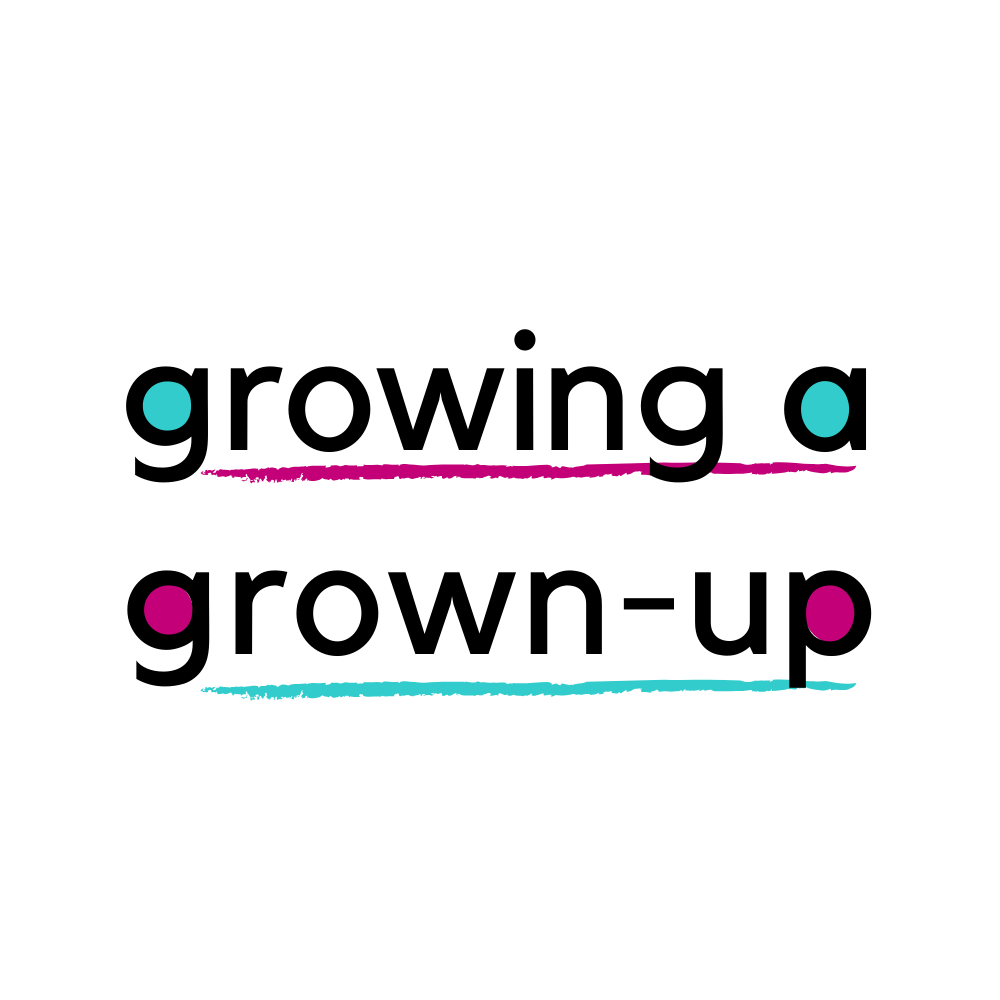It’s been a year since Fabienne and I published How to Grow a Grown Up. And it’s fair to say that it has not been quite the year we (or anyone else) imagined!
Our initial launch in October 2019 was overshadowed by the election and Brexit, and well, the less said about the rest of the year the better.
However, the irony is that whilst we struggled to publicise the book during a turbulent time, the reasons that we wrote the book matter perhaps more now than ever before because of those events.
Why write the book at all?
Fabienne (a university lecturer and personal tutor) and I (a university GP at the time) had both noticed a steady rise in the number of students we were seeing every day with stress and mental health issues. When we finally had the head space to ponder this, we realised that something was changing for the young people we were seeing, and leading them to seek our support and advice in droves.
We loved supporting ‘other people’s children’, and we wanted to help those parents and carers understand the world their young adult was living, competing and working in, and give them the information they needed to raise their teen to be less likely to eventually need our help. To be more resilient and independent.
Who needs a parenting guide for teens though?
But when we started to tell people about our idea to write a ‘parenting guide for raising teens’ our idea was dismissed.
“No one reads parenting guides once the kids have stopped having tantrums in the supermarket, or being at risk of choking on grapes”.
“Once they reach their teenage years” we were told, “there’s nothing you can do”.
The attitude seemed to be that you just had to ‘ride it out’ and ‘weather the teenage storm’.
We disagreed.
Why do young adults struggle?
Many of the problems we were seeing were related to issues that had arisen in the students’ early teens, as many mental health issues do. That’s biology and evolution, and parents were just being left to struggle and cope as best they could. Eating issues, body image worries, and anxiety, among other problems, are all likely to start in teenage life.
And then there were the perfectionists, the ones who couldn’t cope with not being ‘on track for a First’ in week 6 of university. They were exhausted and stressed, but if we gave their parents a ‘heads up’ earlier in life, then perhaps we could reduce some of that pressure?
What we wanted to do
We believed that all of these challenges could potentially be reduced by informing parents about the issues earlier to help support their teen. By sharing our insight with their families we might be able to help parents and carers address the problems ‘upstream’.
If only we could share our knowledge and expertise with a wider public!
So we were thrilled when our agent, Jane Graham-Maw, and PenguinRandomHouse supported us, and we finally saw our book in print this time last year.
And as Fabienne and I wish our book a ‘Happy First Birthday’, and take a moment to reflect, I think it’s fair to say that the topics we cover in what is a chatty, easy to read, ‘practical tips’ kind of book are increasingly relevant for the times we live in.
Social media pressure, porn, use of drugs and alcohol as a coping strategy for stress, fear of failure, the competitiveness of life and university, and an uncertain political world and job market mean that self-care, resourcefulness and wellbeing skills matter more than ever for our young adults.
And I hope that How To Grow a Grown Up will continue to be a ‘go to parenting bible’ (according to one of our readers) for many years! Our very happy readers tell us that it’s a book every parent of teens in the 21stcentury should read.
(And it makes a great gift for parents of teens too!)

